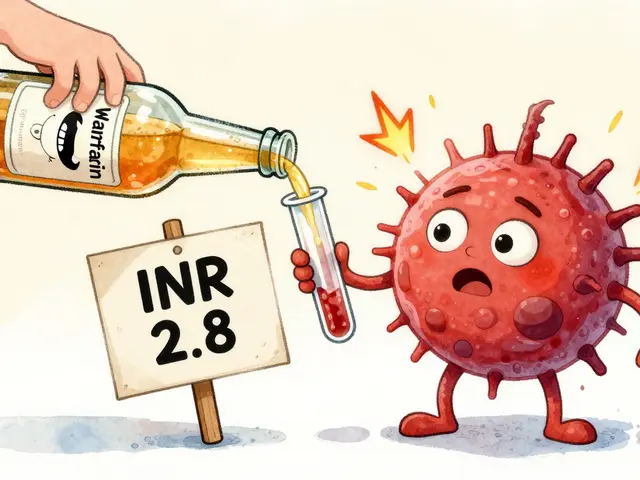Nigella Sativa: What It Is and Why It Matters
If you’ve skimmed health blogs, you’ve probably seen the term “black seed.” That’s Nigella sativa, a spice that’s been used for centuries in Middle Eastern cooking and traditional medicine. Modern research shows it’s not just a flavor boost – it contains thymoquinone, a compound that fights inflammation and oxidative stress. People take it to help the immune system, soothe the gut, and even improve skin tone.
Key Health Benefits
First off, immunity. Studies on thymoquinone suggest it can modulate immune cells, making the body more efficient at fighting off minor infections. If you’re battling a cold or want a seasonal boost, a daily dose of black seed oil might give you that extra edge.
Second, digestion. Nigella sativa has mild antispasmodic effects, which can calm an upset stomach and reduce gas. A teaspoon of oil mixed with honey before meals is a simple trick many users swear by for smoother digestion.
Third, skin health. The antioxidant power of thymoquinone helps protect skin cells from free‑radical damage. Topical oil or a few drops in a face serum can calm acne‑related redness and support a clearer complexion.
Lastly, blood sugar control. Small clinical trials found that adding black seed to a diabetic’s regimen lowered fasting glucose levels modestly. It’s not a substitute for medication, but it can complement a balanced diet and regular monitoring.
How to Use Nigella Sativa Safely
When starting out, keep the dose low. Adults typically take 1–2 grams of ground seeds or 1 ml of oil daily. Split the amount into two servings with meals to avoid stomach upset. Pregnant or nursing women should talk to a doctor before using it, as high doses haven’t been studied extensively in these groups.
Watch for interactions. Nigella sativa may enhance the effect of blood‑thinning drugs like warfarin, so if you’re on such medication, ask your clinician whether a lower dose is safer. It also has mild blood‑pressure‑lowering properties, so combine it cautiously with antihypertensives.
Quality matters. Look for cold‑pressed, organic oil packaged in dark glass to protect the active compounds from light. If you buy ground seeds, store them in an airtight container in a cool spot to keep them fresh.
Side effects are rare but can include mild nausea, headache, or a temporary drop in blood pressure. If you notice any of these, reduce the dose or pause use for a few days. Most people find the benefits outweigh the mild discomfort.
Bottom line: Nigella sativa is a versatile, low‑cost supplement that can support immunity, digestion, skin health, and blood‑sugar regulation when used responsibly. Start with a small amount, monitor how you feel, and adjust as needed. As always, pair it with a balanced diet, regular exercise, and professional medical advice for the best results.





